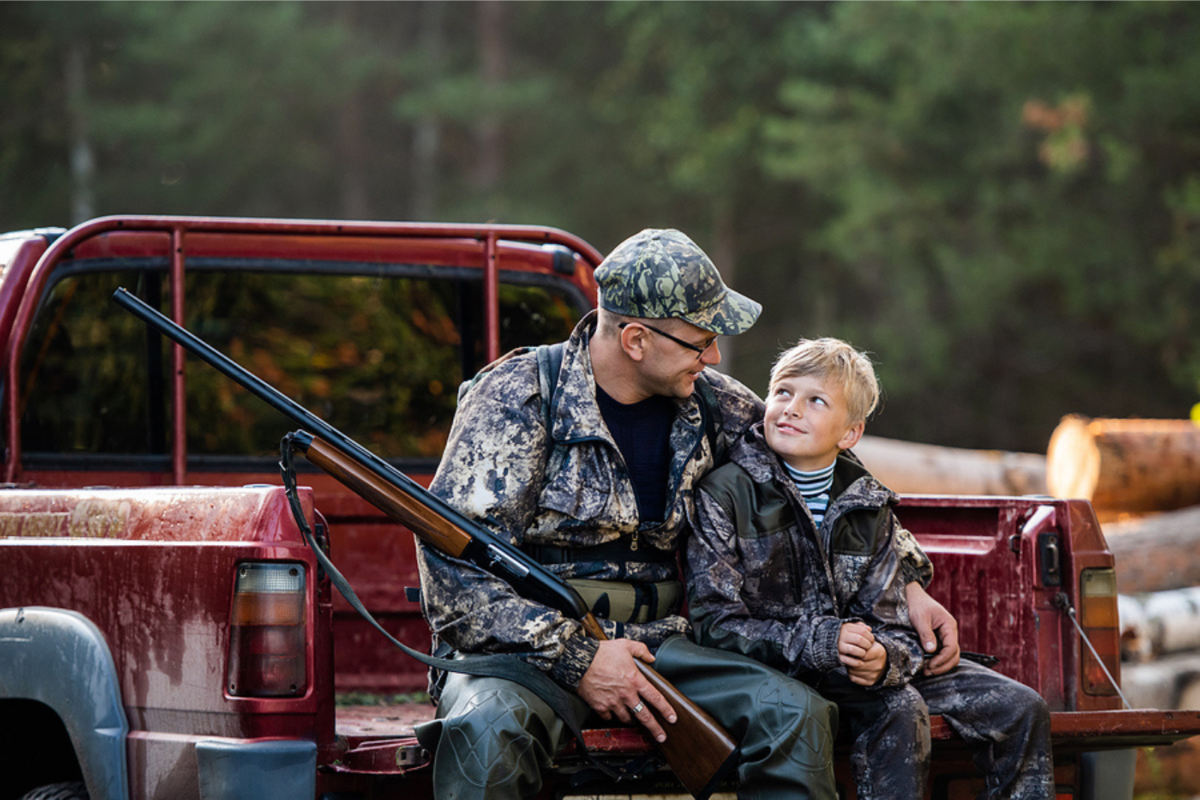When asked about the common causes of hearing loss, many people point to noise exposure. Indeed, noise-induced hearing loss is one of the top two causes of hearing loss, along with the natural process of aging. Those who have jobs that expose them to noise are particularly at risk. Although the Occupational Safety and Health Administration (OSHA) requires hearing protection in certain loud conditions, some employers neglect this responsibility to provide and mandate hearing protection. For those who work in small business environments, it is more necessary than ever to take hearing protection into your own hands. However, did you know that your recreational activities might be causing noise-induced hearing loss, as well? Whether your noise exposure comes from a sporting event, shooting range, concert, or wearing headphones, you might be taking part in voluntary activities that are damaging your hearing. Let’s take a closer look at each of these potential risks, as well as what you can do to limit your exposure to dangerous recreational sound.
Loud Events
It might come as no surprise that dance clubs and loud concerts can be dangerous for your hearing. Although there are regulations in place to limit the decibel reading at these events, some loud genres of music and private events are able to skirt these requirements. With new amplification technology becoming more affordable and available, house parties and gatherings can pose a risk to hearing, as well. In addition to music at events, what are other public events that can be risky for your hearing? Professional sporting events pose a major risk. The roar of the crowd at a football or basketball game can produce enough noise to damage your hearing. Those who work at these facilities are particularly susceptible to noise-induced hearing loss. Any place where large groups assemble can become a risk to your hearing, so hearing protection is recommended to protect your hearing ability.
Shooting Ranges and Hunting
Those who take part in the recreational use of weapons need to be particularly careful to use hearing protection. When you go to a shooting range, noise-canceling earmuffs are provided and required to protect against that noise. Some people even choose to wear disposable foam earplugs under those devices for an added layer of protection. If you are shooting outdoors or hunting, some of the sound can be dispersed, lowering the total decibel level. However, when a gun is held at close range, such as a rifle, it can be particularly dangerous. Hearing protection is necessary in these environments, as well as at a shooting range.
Headphones and Earbuds
One of the greatest risks of recreational noise exposure comes from headphones and earbuds. These devices seem innocuous, in part because the sound they produce can’t be heard by others. If you were to blast 100 decibels of sound through the speakers in your home, then others might ask you to turn down the music. However, you can play extreme volumes through your personal devices without anyone realizing how dangerous that sound has become. Particularly when there is competing background noise, such as on a mode of transportation, it is possible to raise the volume of your headphones or earbuds to compete with that other sound. A good rule of thumb is to keep your devices at 75 percent of the maximum volume. Although regulations are put in place to limit the noise produced by these devices, the combination of volume and duration can still pose a danger at a lower level, particularly if you are a frequent, sustained user of these devices.
Prevention and Treatment
Hearing protection and limiting the time of your exposure to noise are a crucial combination to prevent noise-induced hearing loss. If you find that you have already lost some hearing ability due to recreational noise exposure, you can begin the treatment process with a hearing test. When you get this diagnostic assessment, we will use the results to recommend the right hearing aids for your needs. If your hearing aids are equipped with Bluetooth connectivity, you can replace your dangerous earbuds and use your hearing aids to listen to music and other audio. Why not begin your path toward treatment by scheduling a hearing test today?

